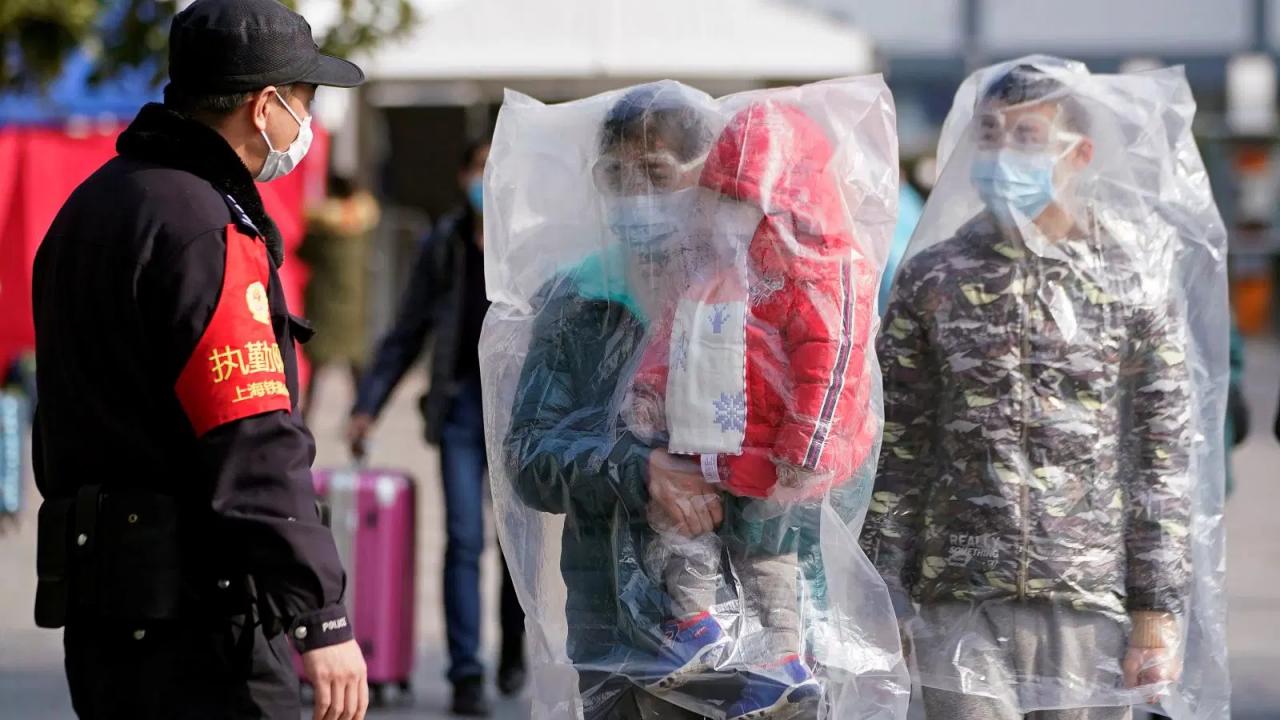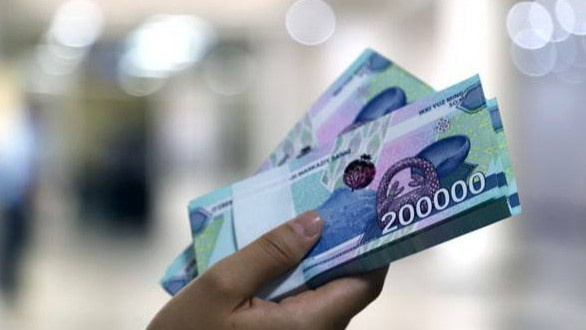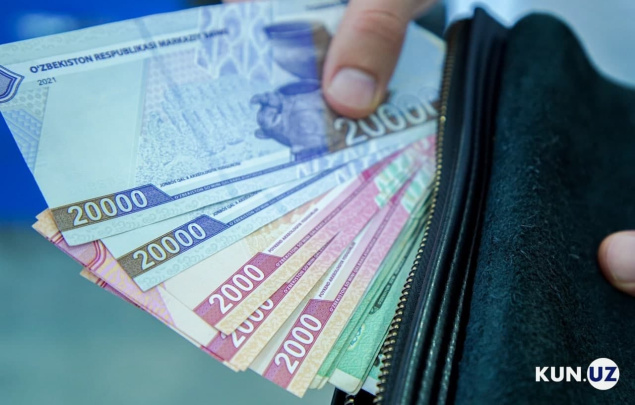According to a newly released report by the Henry Jackson Society, global lawsuits against China for “patent breaches” of the International Health Regulations over its handling of COVID-19 could run to at least £3.2 trillion from just the nations of the G7.
The report claims that the Chinese government’s early handling of the disease and failure to adequately report information to the WHO breached Articles Six and Seven of the International Health Regulations (IHRs), a Treaty to which China is a signatory and legally obliged to uphold. These breaches allowed the outbreak to rapidly spread outside Wuhan, its place of origin.

In particular, the research has discovered that the Chinese government:
- Failed to disclose data that would have revealed evidence of human-to-human transmission for a period of up to three weeks from being aware of it, in breach of Articles six and seven of the IHRs;
- Provided the WHO with erroneous information about the number of infections between 2 January 2020 and 11 January 2020, in breach of Articles Six and Seven of the IHRs;
- Failed to proscribe avoidable vectors of lethal zoonotic (animal-originated) viral infection, instead actively promoting the massive proliferation of dangerous viral host species for human consumption in breach of Article 12 of the International Covenant on Economic, Social, and Cultural Rights;
- Allowed 5 million people (roughly equivalent to the size of The San Francisco Metropolitan Area, CA or Greater Boston, MA in the USA, and roughly five times the size of a city the size of Birmingham, UK) to leave Wuhan before imposing the lockdown on 23 January 2020 despite knowledge of human-to-human transmission.
The minutes of the UK’s scientific advisory group on new and emerging viral threats record how the lack of information delayed the response to the virus including the lack of travel screening, according to an outline in the report. A University of Southampton study has previously found that — should strict quarantine measures have been introduced three weeks earlier — the disease’s spread would have been reduced by some 95%.

As a result of the breaches of international law, the report assesses that potential damages liable against China at the time of writing could run to £3.2 ($4) trillion from just the G7 nations. The UK is said to have a claim worth a potential £351 billion ($449 billion) in damages based on formally announced government spending. Using the same methodology, the US meanwhile could claim £933.3 billion ($1,200 billion), Canada £47.9 billion ($59 billion), and Australia £29.9 billion ($37 billion). The report utilizes formally announced spending as of 5th April 2020, rather than total projected spending over the entire duration of the crisis – which is expected to be far greater – as the latter figure will not be known for several months.
Acknowledging the difficulties in securing international justice, the report offers ten different potential legal avenues for action against China across domestic and international jurisdictional venues. While many of these enforce treaties other than IHRs, the report argues that public international lawyers might — as has previously been done — make use of relevant clauses in order to uphold international norms. The Henry Jackson Society’s recommendations include making use of the International Court of Justice; Permanent Court of Arbitration; Hong Kong Courts; dispute resolutions through Bilateral Investment Treaties; and actions at the WTO.






